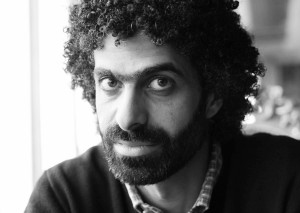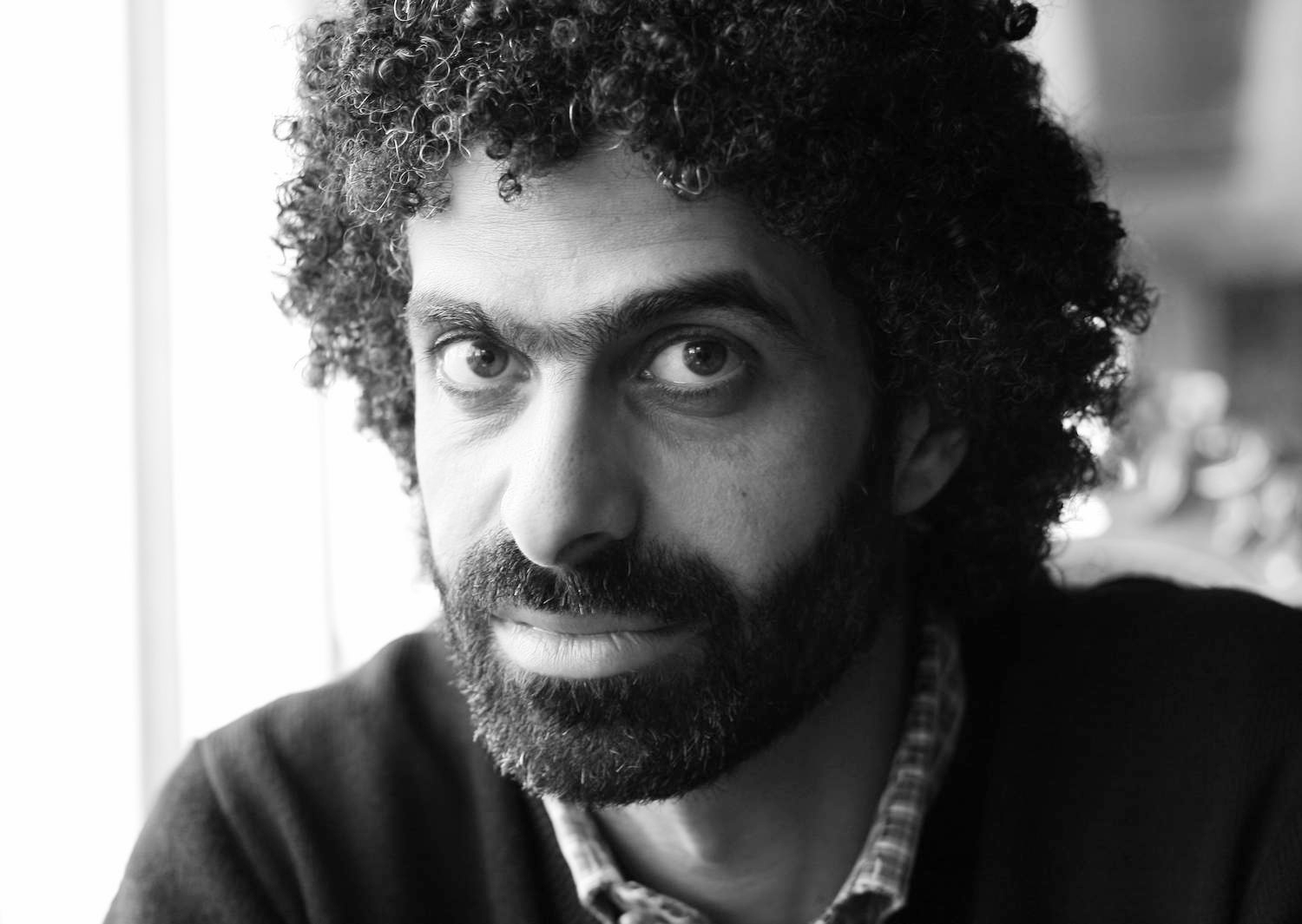 A few months before the revolution’s spark ignited, I had two Palestinian friends working in the media visiting me in Cairo. The last time I had seen them before this was during an Arab summit in 2007 (we were working together back then).
A few months before the revolution’s spark ignited, I had two Palestinian friends working in the media visiting me in Cairo. The last time I had seen them before this was during an Arab summit in 2007 (we were working together back then).
So, the three of us met at a fancy Mohandiseen flat they rented, and had a long, pleasant conversation, and then decided to leave.
While we were in the Gamat El-Dowel Al-Arabia Street before we were about to split, one of my friends took out a very large piece of hashish and decided to divide it in half for our other friend (it seemed like there was an agreement between them to do that before I had arrived). A few minutes later, the police came out of nowhere, stopped the three of us, searched us, and found the piece of hashish in my friend’s pockets.
Cutting the story short, my friends confidently offered the three policemen (one officer and two administrative policemen) EGP 100 as a bribe. The officer quietly left the scene, leaving his two assistants to bargain for a higher amount of money, arguing that what we had given them was not enough (especially considering we had a high-ranking officer with us).
Towards the end they settled for EGP 200 and let us go. I was actually very surprised by my two friends’ courage to quickly offer the policemen a bribe so openly on one of Cairo’s most main streets, and how the police seemed very much used to all this. It was the last time I saw those two “friends” anyway, given the embarrassing situation they put us all in.
This police bribery story is one of many we always hear about, both before and after the revolution. Other stories with documented evidence concerning police corruption are also legion. Maybe we were lucky that we were not taken to the police station, beaten up and threatened with higher charges in order to pay a much higher bribe.
We were also lucky that we looked “upper class” (although we are not), as the way the policemen dealt with us was more like a negotiation than an arrest, and none of the usual swearwords were used during the incident.
In other circumstances, involving people in unfortunate neighbourhoods or villages (and who don’t look so “upper-class”), reality is much more miserable and occasionally even violent.
Following the fall of Mubarak on 11 February 2011, a complete clean-up of such an institution, drowning in corruption and ignorance to the neck, was very much expected. So far, nothing has happened, except for a few cosmetic changes here and there. It was like conducting nose-job surgery on a patient with bone cancer. The Supreme Council for Armed Forces (SCAF) did not want it; nor did the Muslim Brotherhood.
In post-Mubarak Egypt the security mentality and poor skills are still the same: a dirty tool in the hands of whoever is in power, and one that has enough secrets to keep it functioning the same way without any real change. Whether it was SCAF or the Brotherhood, they both wanted, and still want, to spread their powers over the new Egypt—and a proper clean up of the interior ministry is not the wisest thing to do.
The past few months have clearly brought evidences to the fore that nothing much has changed. Random arrests and torture in the Delta town of Meet Ghamr, kidnapping and torturing activists to death on the second anniversary of the 25 January Revolution, and the unbelievable scenes of Hamada Saber being stripped naked and brutally assaulted in front of cameras and then attempting to deny the incident. These are the same methods used by Mubarak’s police machinery, with all its symptoms of dysfunction and poor authoritarian practices.
No-one with any common sense would disagree that stability is essential to rebuild the country both economically and politically. However, it is considered completely irrational to think that this stability can ever happen before transitional justice is met, or at least serious steps taken towards its fulfilment.
Proper trials for those who murdered protesters during the first 18 days of the revolution, and those who are still killing them today, are an essential condition for attaining these aspirations for stability. However, this is not even enough for the average citizen, who believe that a policeman is one of two: Either someone to bribe or someone who will just torture her/him to satisfy those in power.
Talks of stability are actually nothing more than nonsense before we have a complete makeover of the whole institution. But the question is: Does it make any sense that today’s Muslim Brotherhood government does not already know that?
Happy Mubarak fall anniversary, everyone!








